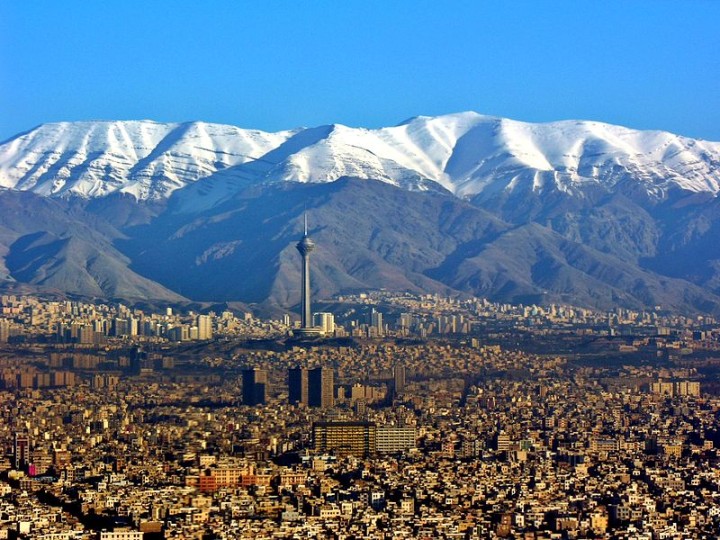Difficulties remain in talks between Iran, the P5 and Germany aimed at ensuring that Tehran can never advance from nuclear energy to a nuclear weapons programme. Iran has been pursuing its legal right to develop a nuclear energy programme but has faced severe economic sanctions over the last 12 years which has crippled the country.
In recent days, the US and Iran have done most of the negotiating in the Austrian capital, Vienna, over the remaining problems including IAEA access to Iran’s sites and how quickly sanctions will be removed.
The underlying issue now seems to be one of trust. Agreement seems to be there on technical matters such as limits on enrichment of uranium, the difficulty is in the sequence in which things will happen.
In addition the US Senate has made things more difficult for their negotiating team by passing a bill that allows them to review the deal before it can be implemented.
“I am here to get a final deal, and I think we can,” Javad Zarif, Iran’s Foreign Minister and Chief negotiator, told reporters in Vienna.
“We believe we’re making progress,” said US Secretary of State John Kerry. “We have our own sense of deadline.”
It is still possible that there will not be agreement, and there are those in the US and many Middle East countries that want these talks to fail. Saudi Arabia has gone as far as to suggest some kind of arrangement to use Pakistan’s nuclear arsenal should they feel Iran’s energy programme can be used for military purposes.










